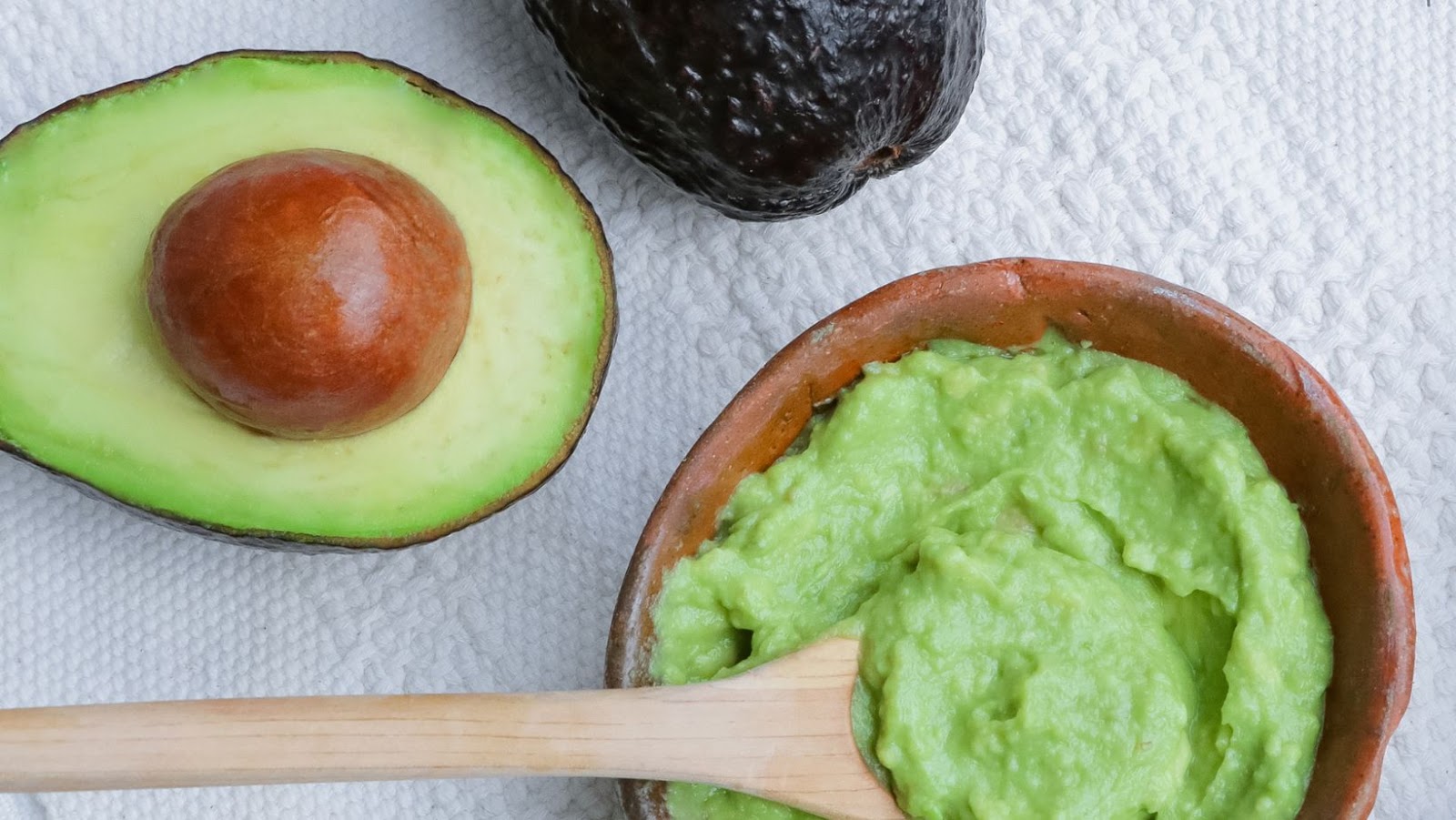Avocado, a member of the berry family, is a powerhouse of nutrients and offers a wide range of health benefits. This exotic fruit is often referred to as “The Alligator Pear” because of its unique shape and green, scaly skin. It has become a popular superfood in recent times due to its nutrient-dense properties that make it ideal for consumption by all age groups.
- Avocados are high in healthy monounsaturated fats which help improve cholesterol levels and decrease the risk of heart disease.
- They are rich in fiber, which aids digestion and helps regulate blood sugar levels.
- Avocados are packed with various vitamins like C, E, K, and B6 that improve skin health, boost immunity and brain function.
- They contain more potassium than bananas, essential for regulating blood pressure and preventing muscle cramps.
- Furthermore, Avocado is one of the few fruits that boast omega-3 fatty acids which reduce inflammation and prevent cognitive decline.
When an individual consumes avocados regularly, they not only enjoy these health benefits but also maintain weight-loss goals due to its satiating effect. However, it’s worth noting that avocados’ calorie content may provide too much energy if consumed excessively. A clever approach is consuming a moderate amount as part of a balanced diet.
Pro Tip: Ripe avocados feel firm yet give in slightly when squeezed gently. For optimal taste and texture experience slice or mash them just before consumption.
Avocado nutrition facts: because nothing says ‘healthy’ like eating green goop with a side of chips.
Is an Avocado a Nut
Avocado Nutrient Profile
Avocados are a rich source of nutrients and offer numerous health benefits. This nutrient-dense fruit is high in heart-healthy monounsaturated fats, fiber, vitamins, and minerals.
Avocado Nutrition Facts
- Avocados contain more potassium than bananas, which supports healthy blood pressure levels.
- Half an avocado provides around 10 grams of dietary fiber that promotes healthy digestion.
- Avocados are low in carbs but high in healthy fats that help to satiate hunger and maintain a healthy weight.
- A medium-sized avocado contains approximately 20 different vitamins and minerals that nourish the body.

Additional Nutritional Benefits
Eating avocados may also lower cholesterol levels, reduce inflammation, support eye health, and improve brain function. The presence of antioxidants in avocados also boosts immunity against diseases.
Pro Tip
To incorporate more avocados into your diet while still being mindful of calorie intake, try using mashed or sliced avocado as a substitute for unhealthy sources of fat like cheese or mayo.
Eating an avocado a day keeps the doctor away, but don’t blame me if they start prescribing you guacamole.
Health Benefits of Avocado Consumption
Avocado Consumption and its Nutritional Rewards
Avocados are nutrient-dense fruits that can offer a plethora of health benefits. Eating an avocado daily can be favorable, as it is considered one of nature’s most fantastic sources of healthy fats.
Here are some of the key benefits:
- Avocado consumption is known to increase good cholesterol levels while reducing bad cholesterol.
- Avocados are rich in fiber, which can improve digestion and keep you feeling fuller for longer.
- The fruit is a great source of potassium which may aid in regulating blood pressure.
- Avocado oil has abundant anti-inflammatory properties that might reduce inflammation in the body.
- It contains essential nutrients such as vitamin K, C, B6, and E, all necessary for maintaining optimal health.
- Regular avocado intake might also boost cognitive function due to its high content of antioxidants that help prevents cell damage involved in brain functions.
Moreover, avocado consumption has been linked with suppressed cancer growth due to the presence of cancer-fighting compounds such as oleic acid-rich monounsaturated fatty acids.
For optimal health gains through avocados, try incorporating them into your daily diet today. Mix them in a salad or use it as a substitute for mayonnaise in your sandwiches to savor its wholesome goodness.
Don’t be afraid to get a little avo-control and add some healthy fats to your daily diet with creamy and delicious avocados.
Incorporating Avocados Into Your Diet
Avocado, a fruit usually mistaken for a vegetable, is packed with nutrients. Here’s how to add avocados to your diet:
- Slice it on toast and add some toppings like tomatoes
- Make guacamole or avocado dip and enjoy with tortilla chips or veggie sticks
- Add it to your salad as a substitute for dressing and get the added bonus of healthy fats
- Blend it into your smoothie for a creamy texture and some extra nutrition
It’s worth noting that incorporating avocados into your diet has various benefits including promoting healthy skin, reducing cravings, and lowering cholesterol levels. Pro tip: When selecting an avocado, choose one that’s ripe but not overripe by gently pressing the outside – it should give slightly without feeling mushy.
If you’re allergic to avocados, it’s like being allergic to happiness in guacamole form.

Avocado Allergies and Sensitivities
Avocado sensitivities have become increasingly common in recent years. Symptoms can include itching, hives, and digestive issues. Those with latex allergies or birch pollen allergies may be more likely to develop a sensitivity to avocados.
Furthermore, avocado allergies are also a possibility for some individuals. The reactions can range from mild symptoms such as itching and swelling to severe anaphylaxis.
It’s important to note that while an avocado is often categorized as a nut, it is actually a fruit. Therefore, those with nut allergies do not necessarily have to avoid avocados unless they specifically have an avocado allergy.
Pro Tip: If you suspect you may have a sensitivity or allergy to avocados, consult with a healthcare professional for proper diagnosis and treatment options. Add some avocado to your diet, because who needs expensive supplements when you can have delicious healthy fats in your guac?



